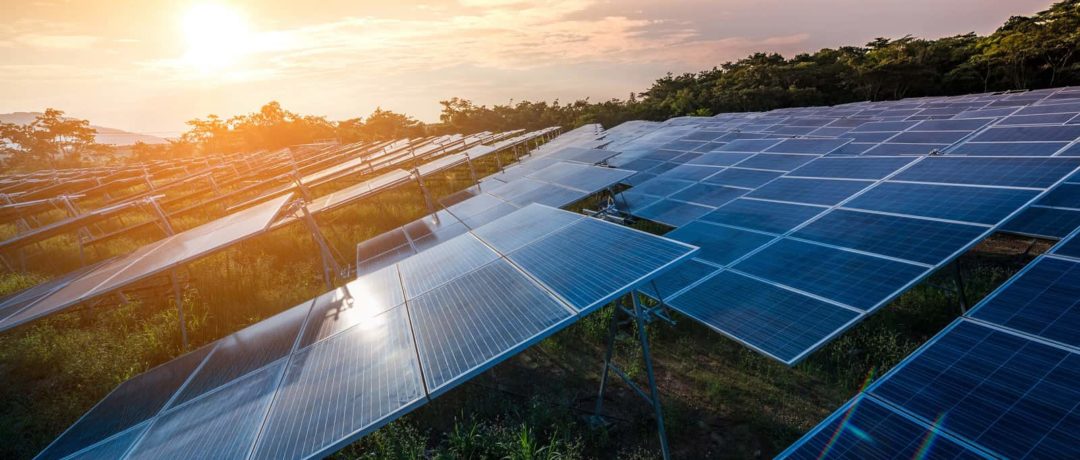Back in 2019, the US surpassed two million solar installations, which confirms the popularity of solar panels. However, there are still many questions surrounding this technology. For instance, people are still wondering if solar panels work when the sun isn’t shining. So if you ever asked yourself do solar panels work at night, you’re at the right place.
How Do Solar Panels Work?
Even though solar panels are more common today than ever, the mystery behind how they work still remains. However, you don’t need to remember your science classes nor be an expert to understand the mechanism. It is actually quite simple — it’s all about the energy conversion.
You’ve probably noticed that each solar panel has several small squares (or rectangles) placed in a grid. One such square is called a solar cell. As these cells are the basic units of every solar panel, their role is crucial — they are the ones that absorb the sunlight.
Once the cell absorbs the sunlight (otherwise called photovoltaic energy or PV), that energy has to pass through its layers. In that process, the photovoltaic energy converts to direct current power (or DC for short). This change is possible because the photons from light give away their energy to the electrons in the cell’s layers.
After this conversion, the DC power goes further to the system’s inverter. Here, the DC power is converted to the alternating current power (AC for short). It is this current that we use to power our home appliances and have light in our households.
Do Solar Panels Work at Night?
As the name itself implies, solar panels run on sunlight. Therefore, it would be logical that they don’t work at night, right?
Well, the answer is twofold: while solar panels do not produce electricity during the night, that doesn’t mean your appliances will not keep working.
When the sun isn’t shining, there are two main ways in which solar technology circumvents this obstacle:
- Net metering. When the panels generate more AC power than you need, the excess electricity goes back to the electric grid. This stored electricity compensates for the times when your solar panels cannot produce it, such as during the night. But, this is not its only benefit — net metering also saves you money on the electricity bill!
- Solar storage. As net metering is not available everywhere in the US, many people opt for a solar battery. In this case, the excess energy does not go to the grid but charges the battery for later use. Some batteries even have their own inverters, offering integrated energy conversion. This type of storage can also provide a short-term rescue in the case of a power outage.
So, these technologies not only provide electricity when there’s no direct sunlight but also yield major savings. If you are curious about how much you can save by going solar, you can always use the solar calculator. And, as new solar technologies are still appearing, you soon might be able to generate electricity even in the dark of night.
The Bottom Line
Generating your own electricity is becoming more and more popular nowadays. Some homeowners are even declaring energy independence. But if you plan on installing solar panels, it is always best to hire a trustworthy company with skilled professionals.
Here, at Atlantic Key Energy, we will give your roof a profitable day job! In the end, Do solar panels work at night is just one of the questions we answered for you. So, if you wish to know more about solar energy, feel free to browse our blog.
What Else to Know About Solar Energy
Find Out What People Are Saying About Atlantic Key Energy
5 Reasons Why Your Neighbors Are Going Solar
6 Facts ABout Net Energy Metering 2.0





